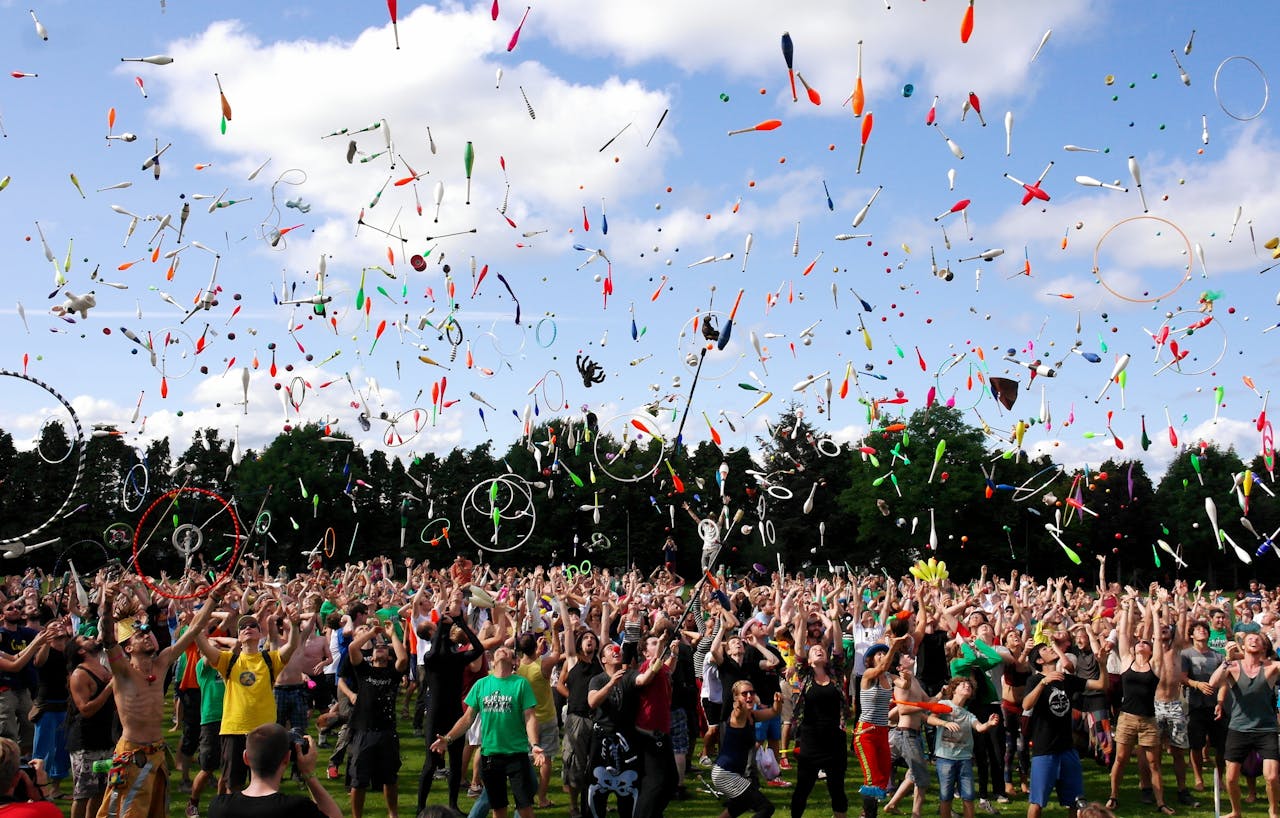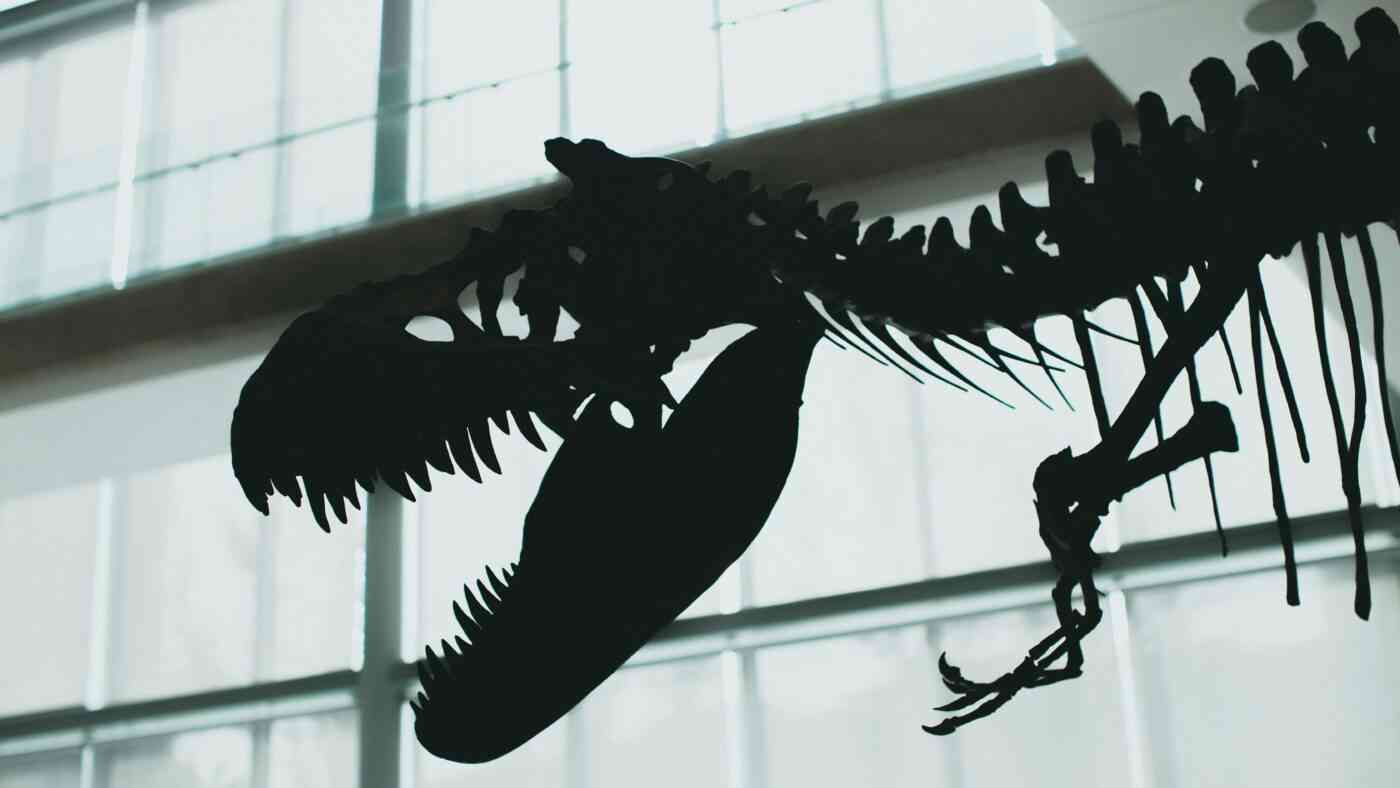Science
Ghost in the Stone: AI Uncovers Prehistoric Clues That Could Rewrite Bird Evolution
17 February 2026

It’s awe—not liking—that truly unites nations, social groups, and even workplaces or university campuses. That is the conclusion drawn by scientists from institutions including the University of Melbourne and Johns Hopkins University. They discovered that just one shared emotion holds the key to changing people's attitudes toward each other and what binds them. Their findings unlock the surprising secret to winning people over.
In an era where individualism is surging and social bonds are weakening, the ability to win people over is crucial for success. For years, we assumed that similarities and mutual affinity built relationships, but the truth is different. Awe, not friendship or love, is the real cement that connects us to others. How did science arrive at this conclusion?
Researchers from the US and Australia conducted five separate experiments that shed new light on how to win people over. Their focus centered on identity fusion—the internal feeling of oneness with a group that binds individuals together.
The first two studies tested how awe influences this sense of belonging. The following three experiments verified whether inducing awe leads to stronger feelings of unity among people. The results are striking.
A single pattern emerged across every experiment conducted. Participants who experienced a sense of awe felt a stronger bond and connection, both within their nation and within the social group where they experienced the emotion. In other words, awe influenced human relationships because it connected individuals beyond their differences. It made people feel part of a larger, shared experience.
Consequently, this effect diminished an individual’s ego while simultaneously increasing the group’s sense of collective efficacy (agency). People who underwent the experiments were more willing to cooperate and work for the benefit of the group and the entity that unified them. The experts published their findings in the journal Emotion.
“Our goal was to isolate a basic psychological process. To do this, we often used experiences of awe unrelated to the groups studied; for example, awe of nature influencing feelings towards one’s own country. Even with such intentionally indirect conditions, the effects were surprisingly strong, suggesting the underlying mechanism is powerful,” said Ji Young Song, the study’s lead manager, speaking to the PsyPost portal.
In a time when the individual is increasingly prioritized over the community, and human relationships are becoming shallower and more fleeting, awe may be the emotion that reconnects people. It holds the power to rebuild the bonds that are fading in a world focused on “I,” rather than “we.”
Furthermore, this is important not just for the proper functioning of society, but also for the mental well-being of every individual. Why? Because humans were made to live among others, not in isolation. A sense of community is one of our fundamental needs—one worth nurturing and passing on from generation to generation. Awe can be incredibly helpful in this pursuit. How can we use it?
Awe in human relationships is an underestimated, yet powerful adhesive. It is an emotion that brings people closer, inspires, and teaches us to see value in others. Thanks to it, the individual can look beyond themselves and their own interests to act jointly and for the greater good. Though we often treat awe as a fleeting feeling, its power is far greater—it builds trust, respect, and solidarity.
To form deeper bonds—with loved ones, friends, or the community you live in—you don’t need grand gestures. You simply need to allow yourself to experience something bigger than yourself. Do something that truly captivates you:
Such moments are not just a source of inner peace. They also foster an emotional stance of solidarity, which is desperately lacking in today’s world of haste and distance.
Read this article in Polish: Jak zjednać ludzi? Nauka podpowiada: wystarczy wywołać podziw
Science
17 February 2026

Science
17 February 2026


Zmień tryb na ciemny